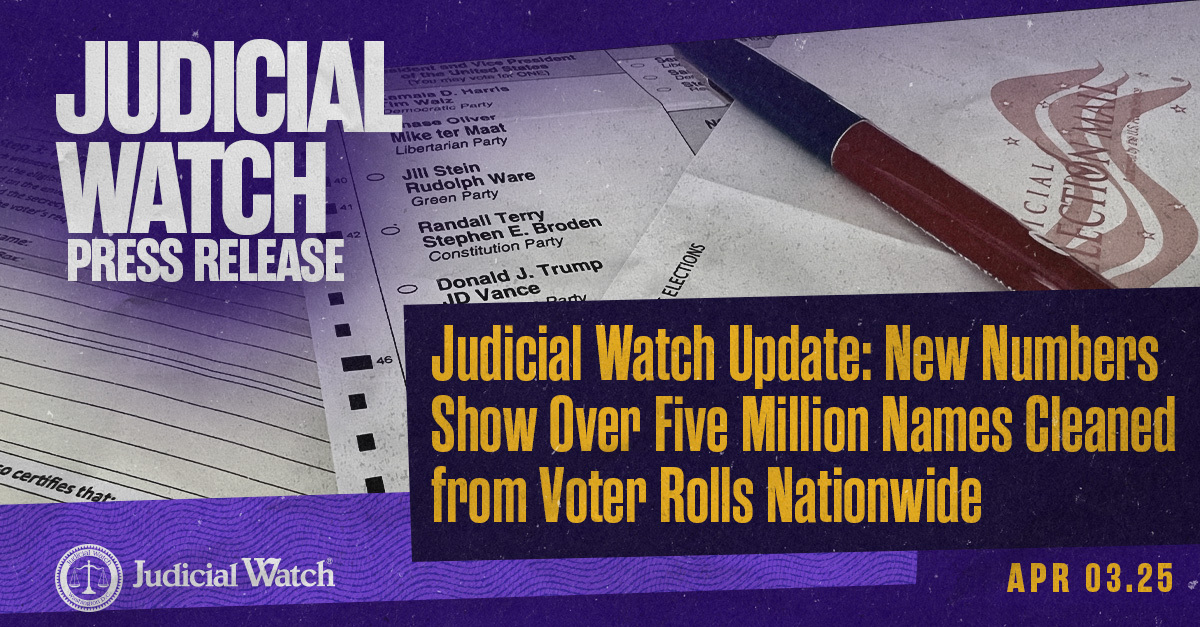
Fed Agency Takes Nearly 4 Years to Probe Refinery Blast
Almost four years after a deadly explosion at an oil refinery in Washington State, the federal agency responsible for investigating the accident has finally issued a draft report calling for “inherently safer equipment materials.” Even for a bloated U.S. government that repeatedly demonstrates its inefficiency, the years-long delay may seem like a bit much.
The explosion occurred in April 2010 at a facility in Anacortes, about 70 miles north of Seattle, operated by a company called Tesoro. It made headlines because seven people were killed making it the deadliest refinery incident in the U.S. in years. Before that, a 2005 explosion killed 15 and injured 180 at a BP facility in Texas City, Texas.
The agency responsible for investigating these incidents and crafting recommendations to prevent them is called the U.S. Chemical Safety Board (CSB) and it’s notorious for being asleep at the wheel. The CSB has long been under fire from Congress for dragging its feet and taking too long to do its job. In fact, last summer a federal audit blasted the CSB, saying that the agency “needs to complete more timely investigations.” That’s quite the understatement.
“CSB does not have an effective management system to meet its established performance goal to conduct incident investigations and safety studies concerning releases of hazardous chemical substances,” according the audit conducted by the Environmental Protection Agency Inspector General. It goes on to say that the agency has “not fully accomplished its related strategic objective to complete timely, high quality investigations that examine the technical, management systems, organizational and regulatory causes of chemical incidents.”
In other words, it’s a big fat money pit that accomplishes little for the tax dollars it receives. The Anacortes refinery investigation is a perfect example. It took nearly four years for the CSB to come up with a draft of its findings involving the deadly explosion. A congressman who represents the area chastised the agency for the inexcusable delays, writing in a recent letter to CSB Chairman Rafael Moure-Eraso that his community deserves better.
The agency responded by releasing the draft report last week. It criticizes the refinery’s safety practices and says that, although there had been fires and leaks, the company failed to fix the damaged equipment that ultimately caused the fatal explosion. The CSB accuses Tesoro of failing to apply inherently safer technology and installing damage-resistant materials. The agency also recommends tougher state and federal oil refinery oversight and advises Washington State to implement a proactive safety system to prevent future accidents.
In a statement announcing the report, Moure-Eraso, the CSB chairman, has the audacity to actually compliment his agency’s good work. “I believe the draft report does an outstanding job of tracing this complex accident to its roots: a deficient refinery safety culture, weak industry standards for safeguarding equipment and a regulatory system that too often emphasizes activities rather than outcomes. The report is a clarion call for refinery safety reform.”
















